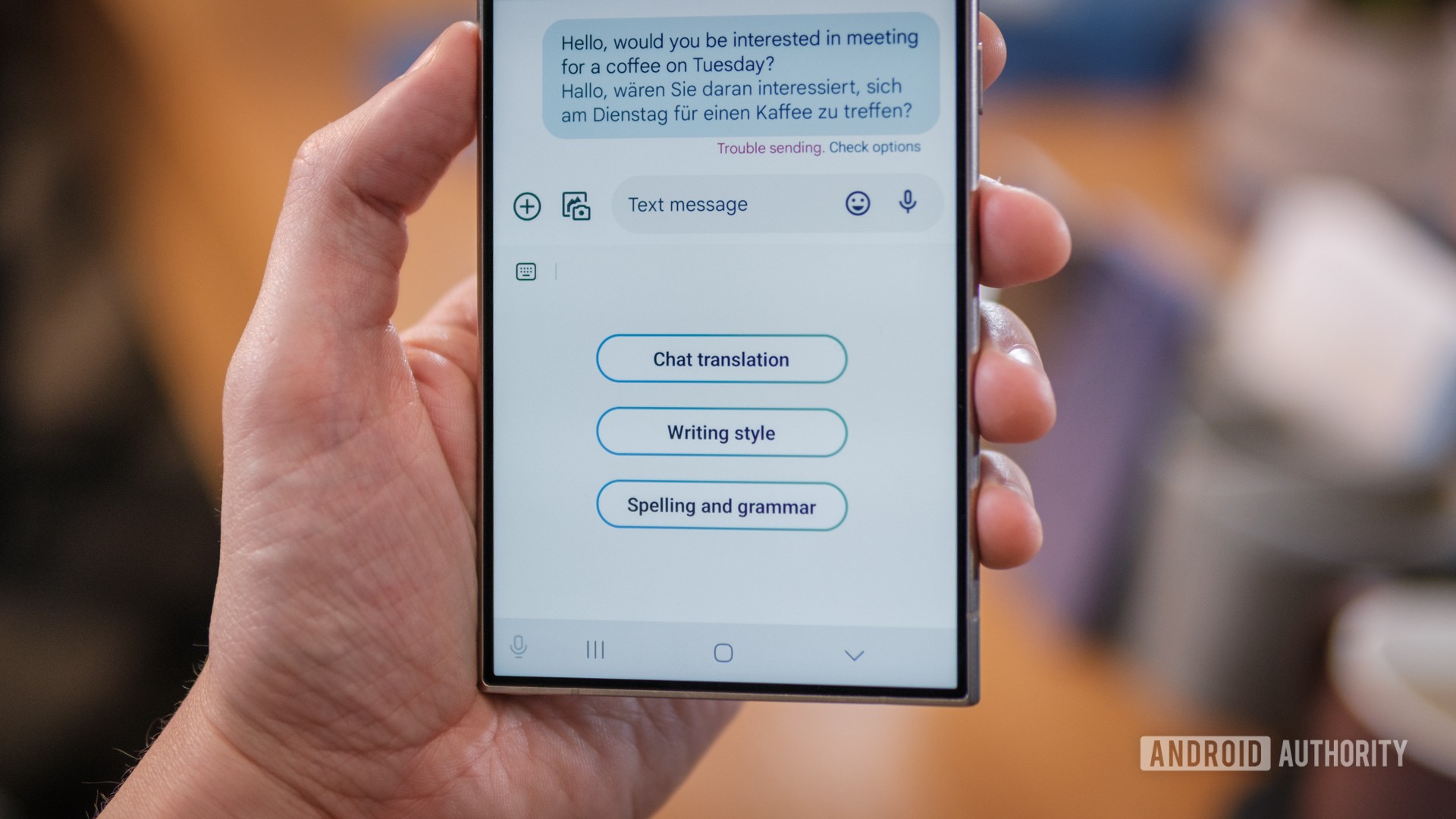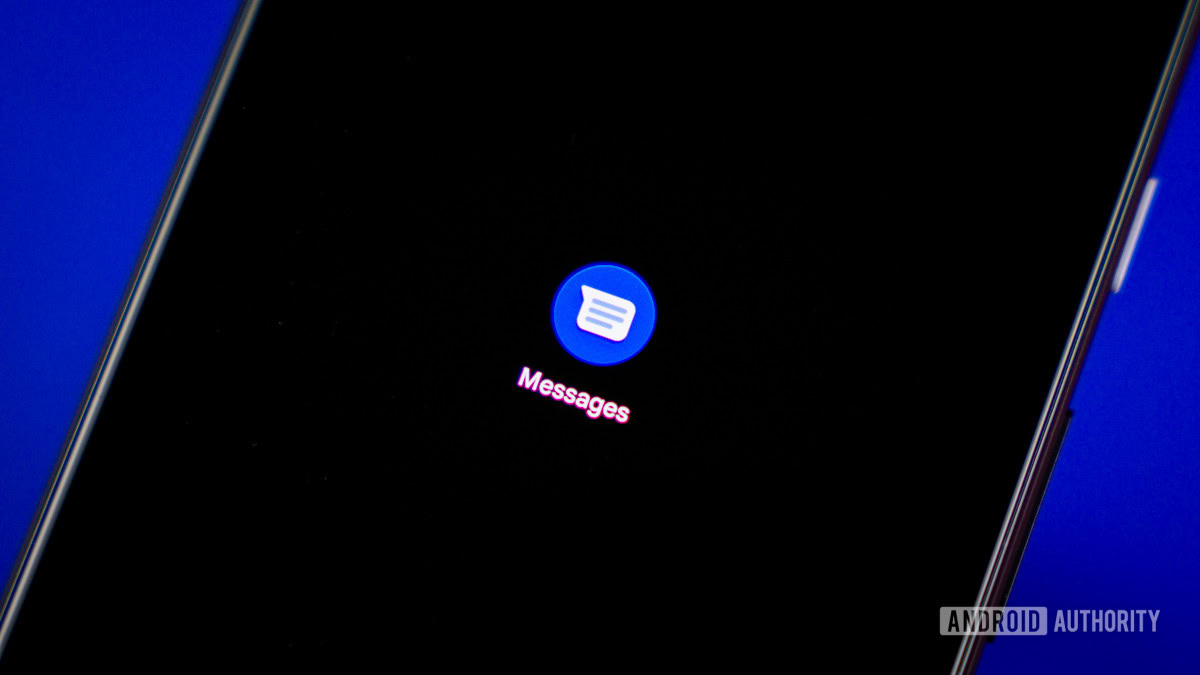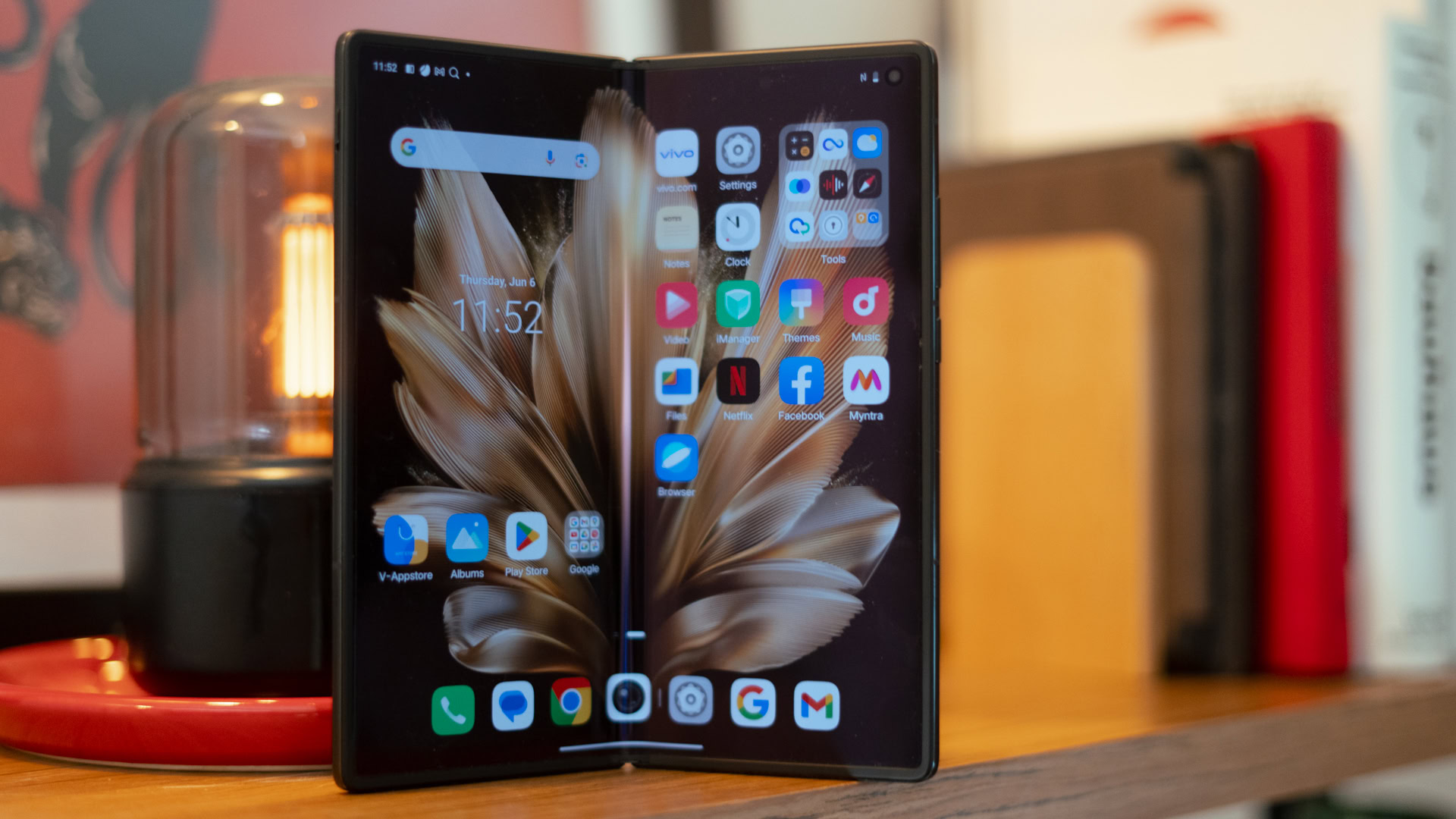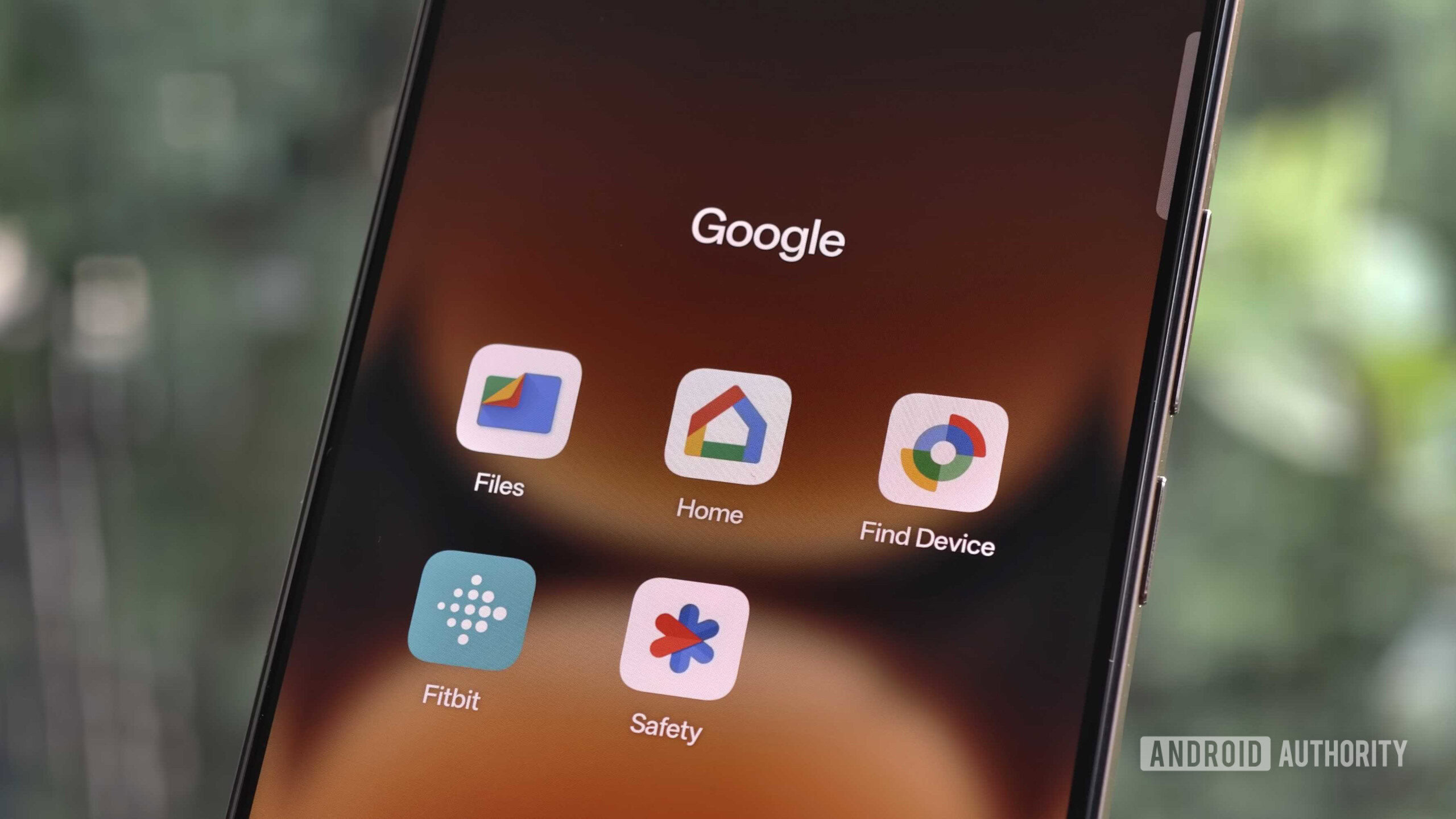Apple’s upcoming iOS 18 update heralds a few major and many minor changes for Apple’s iPhone series. But besides the stuff Android has had for years, Apple Intelligence is undoubtedly the key announcement of the lot. However, there are a few caveats to Apple’s belated push for AI that should give us extra pause before jumping on the hype train.
First, you’ll need a top-tier iPhone 15 Pro or Pro Max to leverage the very best of Apple’s new features in a phone form factor, though that’s perhaps not super surprising as they have the best silicon. Apple is betting heavily on AI to encourage early upgrades, leaving iOS 18 with far less to offer the bulk of Apple’s current user base. But peel back the investor-schmoozing promises and media-friendly AI soundbites, and it’s pretty clear that Apple is still miles behind its AI rivals and has a significant gap to close before it’s anywhere close to parity with the market leaders.
To begin with, Apple is relying on OpenAI’s ChatGPT for text composition, other generative tasks, and even broader assistant-style requests that Siri is unable to carry out. While this will bring some feature parity with AI-powered Android phones, ChatGPT won’t run on-device, leaving its most advanced AI capabilities bound to a network connection (we’ve all seen what happens when ChatGPT goes down) and more vulnerable to security concerns. Meanwhile, Android is moving to more on-device AI processing thanks to Gemini Nano, which is now available on the very affordable Pixel 8 and Pixel 8a, I might add.
Apple was caught napping on AI, so it's partnering with OpenAI to bridge the gap.
This matters because Apple places heavy emphasis on privacy, and its customers pay a premium for this perception compared with rival ecosystems. And while Apple states that personal data isn’t stored or used to train models, any information sent over the internet runs a greater risk of being exposed than those kept on device. Would Apple really send data elsewhere if it had a better alternative? On the plus side, Apple won’t charge for ChatGPT, but OpenAI customers can link their accounts and presumably access better models and/or more advanced features. We’ll have to wait and see, but this dash to AI doesn’t look like the cohesive, just-works type of feature Apple usually aspires to.
The rushed approach can be seen elsewhere. Apple Intelligence, more broadly, will only support one language at launch — US English. By contrast, Samsung’s Galaxy AI supports thirteen languages, not including variations. Similarly, Google’s Live Translate supports six interpreter languages and 21 for a text-based chat. The US might be Apple’s biggest market, but swathes of customers in Europe and elsewhere will miss out on a launch tailored to their locale. Apple’s “AI for the rest of us” slogan has a pretty narrow geographical definition, and why should global consumers stump up for an iPhone 16 if it’s missing these flagship features?

Robert Triggs / Android Authority
If all that wasn’t far enough off the current pace, ChatGPT integration and the rest of Apple Intelligence won’t arrive until iOS 18 launches in the fall. All Apple has done so far is tease its AI features, but Apple Intelligence won’t be fully cooked even by the time the iPhone 16 lands in September. Once the inevitable kinks are ironed out, rivals will be well into their next-generation AI handsets.
Case in point, the updated Siri is absent from the first developer build of iOS 18. While there’s still plenty of time for it to make a developer appearance, the consumer release could end up closer to a public beta than a revolutionary launch (Apple even acknowledges this fact on its website). Worse, some features like Advanced App Controls won’t be available until sometime in 2025. In a rush to catch up and put something remotely competitive out, Apple is ditching the polish it’s become known for.
Samsung's Galaxy AI was fairly polished at launch. Apple Intelligence is looking much more like a public-beta.
While Apple has been busy devising a strategy, Google Pixel and Samsung Galaxy owners have been enjoying generative AI features for many months. Microsoft, too, is now heavily pursuing an adjacent space with its CoPilot Plus PCs. These experiences will only improve while Apple has yet to leave the starting blocks.
Far from reassuring us all that Apple is about to slingshot to the top, a sluggish public-beta-style rollout, limited language support, and a reliance on third-party tools betrays just how far behind Apple Intelligence really is. While Google, Samsung, et al. will no doubt be eyeballing Apple’s latest announcement, I doubt they’ll lose too much sleep over its slow rate of progress.








 English (US) ·
English (US) ·